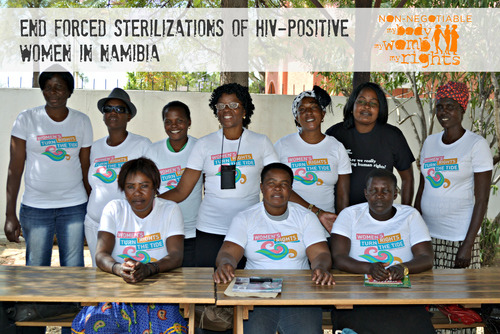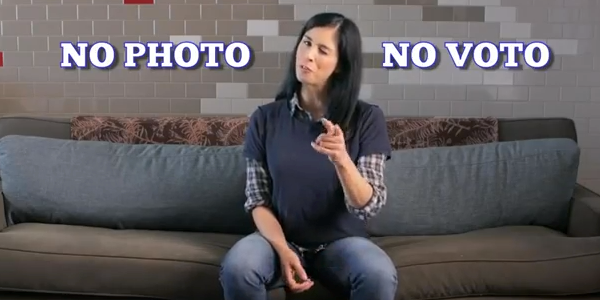
In 2009, three Namibian women sued the State. They claimed they had been forcibly sterilized and that they had been sterilized because they were HIV positive, and so were victims of discrimination. This week, the High Court of Namibia decided the case. Judge Elton Hoff ruled in the plaintiff’s favor in the first claim and dismissed the second, due to insufficient evidence. The case is widely viewed as a landmark case.
Three separate women, ranging in age from 20s to 40s, at the height of labor, were presented with the sterilization `option’. In one case, the woman had been in labor for over four days and was in severe pain. She was led to believe that her caesarean could only take place if she signed the form. In such circumstances, what is the gender of informed consent?
In a decision that took Judge Hoff two hours to read, the Judge said there was no informed consent. He further noted that the women were Oshiwambo-speaking and that none of the health staff spoke Oshiwambo. He also noted that the forms the women signed were filled with acronyms no one, other than a specialist, could be expected to understand. Finally, in all three cases, the women only discovered the meaning of “BTL”, bilateral tubal ligation, long after they had undergone the surgery.
As the judge said: “There could not have been counselling in those circumstances.” When Judge Hoff looked up from his papers, he saw a courtroom, packed with women in black t-shirts that read, “Non negotiable: my body, my womb, my rights”.
This is a story, on one side, about how women at their most vulnerable are treated. Violently. It’s equally a story about how women organize and turn men’s swords into women’s ploughshares.
The three women are members of the Namibian Women’s Health Network. During a routine inspection of post-treatment papers, Network members started noticing BTL on members’ treatment cards. When the women were asked about it, no one knew what BTL was, and absolutely no one knew that this had happened to them. The women then hooked up with the Southern Africa Litigation Centre, and in particular with Priti Patel, deputy director and HIV program manager, who managed the case.
Though mixed, the decision is a step forward, and it’s a step that women Namibian women took, as they are doing in South Africa, in Kenya, in Swaziland, in Zambia. In South Africa, for example, Promise Mthembu went through a similar torture. At 22, she discovered she was HIV positive. She went to hospital and was told she had to sign a paper and undergo sterilization if she wanted treatment. And so she signed. Now, 16 years later, she says she is `haunted’ by having signed that form.
In response, Promise Mthembu has organized, among other groups, Her Rights Initiative, HRI: “Her Rights Initiative (HRI) was formed in 2009 by a group of feminist South African women. The Initiative is building from the knowledge and experience of its founding members who all identified the gap between HIV/AIDS policies and HIV positive women’s experiences and the potential HIV positive women represent in improving existing policies or recommending new ones to ensure women living with HIV/AIDS are able to access their sexual and reproductive rights in South Africa with a potential for improvement for all women.”
Last year, HRI researchers, feminist researchers, produced `I Feel Like Half a Woman All the Time’. The researchers interviewed HIV positive women in Gauteng and KwaZulu-Natal. They found cases, and not just a few, of explicitly coerced sterilization and other cases of sterilization performed without informed consent. More to the point, they listened closely and intently to what the women were saying. It’s what feminist researchers and activists do.
Feminist South African women, feminist Namibian women, feminist African women are moving the State and the continent. It’s non negotiable.
(Photo Credit: socialgoodmatters.tumblr.com)
